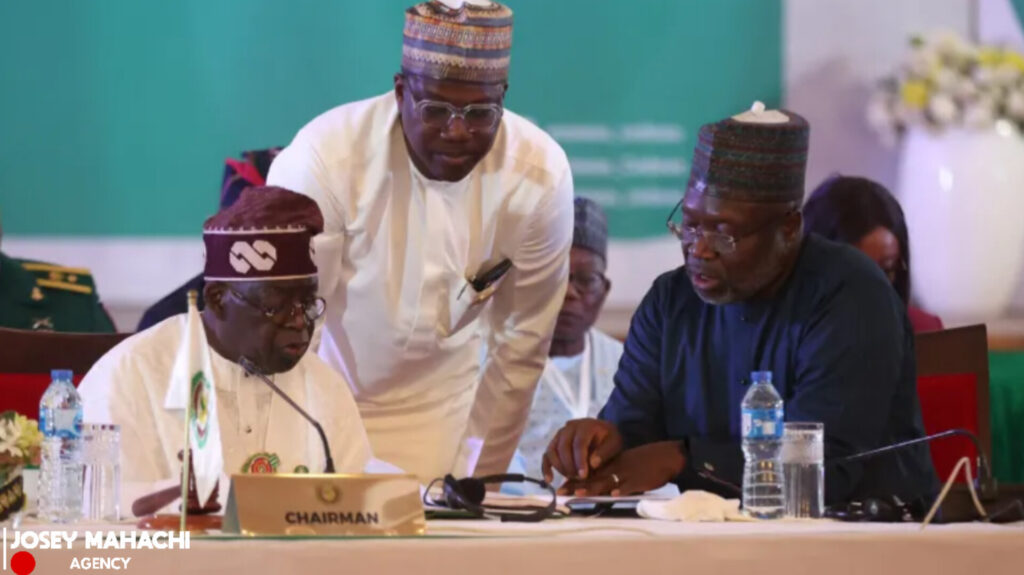By : Lloyd Mahachi
Burkina Faso, Mali, and Niger have agreed to a six-month grace period before finalizing their withdrawal from the Economic Community of West African States (ECOWAS). The decision, announced at a summit in Abuja, Nigeria, signals a temporary reprieve in what was initially described as an “irreversible” decision to leave the regional bloc.
The new departure date is set for July 29, 2024, giving ECOWAS time to negotiate and potentially dissuade the three Sahel nations from leaving. This delay is seen as critical for the bloc, which aims to maintain its influence and ensure regional stability.
Sahel Nations Push for Independence Amid Security and Trade Concerns
Located in the central Sahel region, Burkina Faso, Mali, and Niger have been severely impacted by insurgency and security challenges. The nations recently formed their own coalition, the Alliance of Sahel States (AES), signaling a shift away from ECOWAS toward greater autonomy.
If the withdrawal proceeds, it could disrupt trade and security cooperation within the region. However, the three countries have sought to ease concerns by pledging to keep their borders visa-free for ECOWAS citizens after their exit, preserving some level of regional integration.
Mediation Efforts Show Promise, but Challenges Persist
Senegal’s President Bassirou Diomaye Faye has been at the forefront of negotiations between ECOWAS and the three nations since July. He reported progress in talks, emphasizing the need for collective action against regional security threats, including terrorism.
President Faye maintains that severing ties with ECOWAS is unnecessary, especially given the ongoing challenges that demand a unified response. His diplomatic efforts have been widely praised as key to achieving the temporary reprieve.
Geopolitical Shift: Sahel States Move Closer to Russia
The decision to withdraw from ECOWAS reflects a broader geopolitical realignment. Burkina Faso, Mali, and Niger have been fostering closer ties with Russia while distancing themselves from their former colonial power, France. This pivot has significant implications for the region’s political and security dynamics, as well as for ECOWAS’s relevance.
ECOWAS Faces Crucial Months Ahead
The next six months will be critical for ECOWAS, which now has a narrow window to persuade Burkina Faso, Mali, and Niger to reconsider their departure. The bloc plans to emphasize the economic and security benefits of membership, warning of the potential risks associated with isolation.
The stakes are high, and the outcome remains uncertain. As the region braces for potential change, the temporary reprieve offers a glimmer of hope for maintaining cooperation and stability in West Africa.
Editor : Josephine Mahachi

